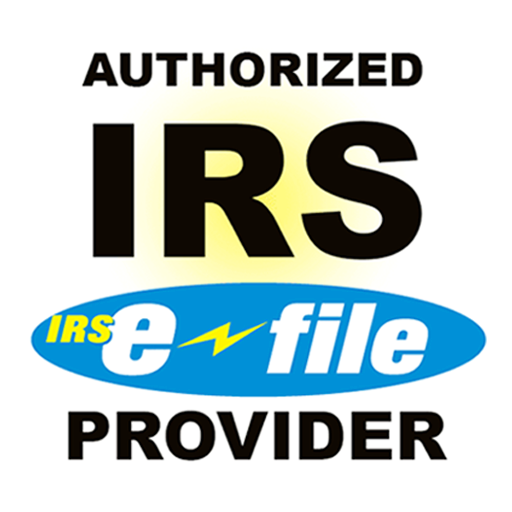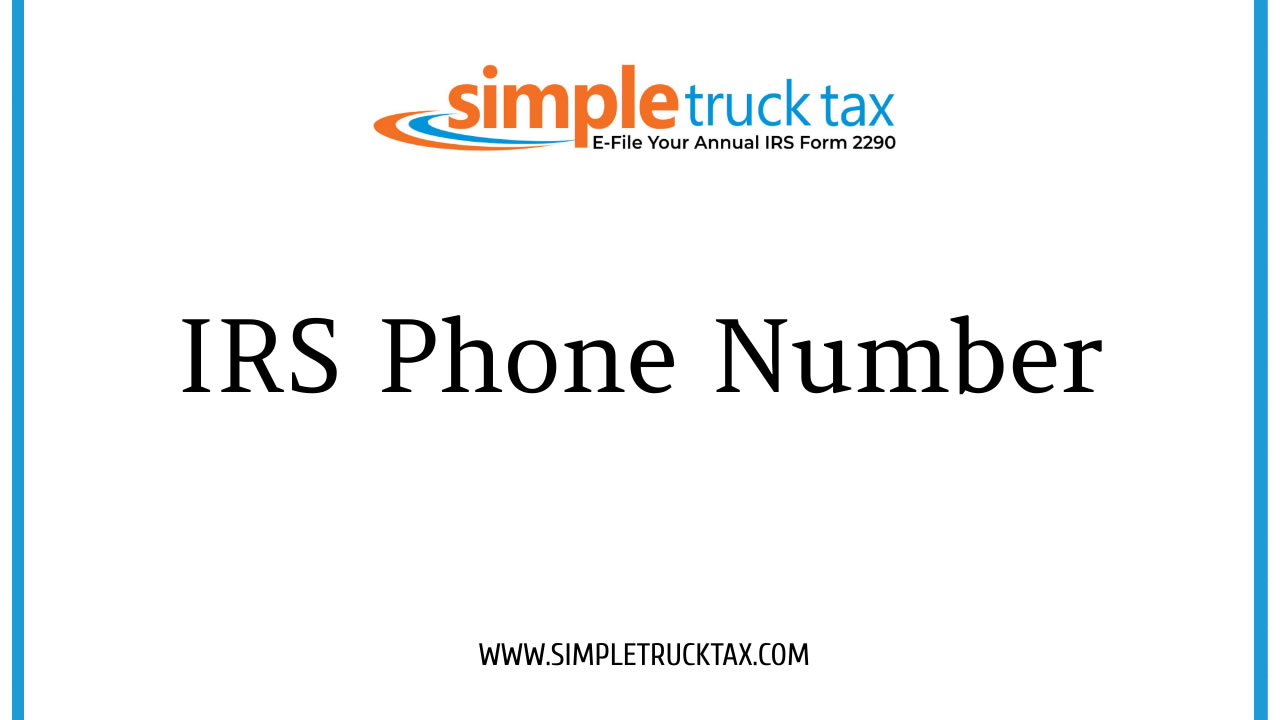10-14-2024
IRS Phone Number
Reaching the IRS on the Phone: A Complete Contact Numbers Guide to Reaching the IRS by Phone
You probably thought about calling the IRS (Internal Revenue Service) if you ever had to trudge through the red tape of tax rules or needed assistance with your tax returns. Whether it's due to a question about your tax refund, a notice that's been sent out, or you need help with one of the many forms used to file taxes, you'll probably have fewer grey hairs-and less time wasted-knowing how to contact the IRS.
We'll cover everything you need to know about contacting the IRS by phone-from specific IRS phone numbers for departments to tips on getting to speak with an agent quickly to what information to have ready before dialing.
Why Contact the IRS?
Here are many reasons you may have to call the IRS directly, like:
- Checking on the status of your tax refund
- Questions regarding tax notices or letters ?
- Questions about how to complete a specific form?
- Questions or arrangements regarding payment plans
- Questions about tax credits, deductions or exemptions
- Reporting of identity theft or any other tax-related fraud
- Taxpayer Advocacy Services for complex issues
While much is made available through the internet, sometimes a call directly to a representative is the best bet, especially when one has a specific situation that needs individualized attention.
Main IRS Phone Numbers
There are different numbers, depending on what help you need from the IRS. Some of the main numbers you'll want to consider when calling them are:
General Taxpayer Assistance
General phone number for the IRS is 1-800-829-1040. This line will answer calls from representatives who should be able to help answer most tax questions. You should call from 7 a.m. to 7 p.m. local time, Monday to Friday.
Refund Status
Or if you have questions about your refund, you can contact the IRS at 1-800-829-1954 for its automated service or log into the IRS Web site at irs.gov and use its "Where's My Refund?" tool to find out where and when your refund is coming.
Business Tax Help
Small business owners and the self-employed can call 1-800-829-4933 to reach representatives who can answer questions about EINs or payroll taxes. Any other type of business tax issue can be discussed with a representative.
Payment Plans
If you owe money to the IRS and want to set up a payment plan, you should call 1-800-829-7650 to learn more. There is also an online payment plan tool that could make things even easier.
- Identity Theft Problems If you believe you are the victim of identity theft related to your taxes, contact the IRS Identity Protection Specialized Unit at 1-800-908-4490.
- International Taxpayer Assistance If you reside outside the U.S., you may reach the IRS by calling 1-267-941-1000. You will not be able to dial into the line from a toll-free access number, and a normal international calling charge will be applied.
How to Quickly Reach an IRS Representative
Getting through to an IRS agent sometimes can be really tough, even in tax season. Here are some helpful tips to reduce your wait time and increase the odds of speaking to a live person:
- Call early in the morning IRS phone lines are busiest towards the end of the day, near lunch time. Call them during the early morning, just when their lines are opened at 7 a.m.
- Avoid Mondays and Fridays These are said to be the worst days to call anyone as they have weekend backlog or last minute callers. Try to make your calls on Tuesdays to Thursdays when it is relatively quiet.
- Use the right prompt When you make the call, be sure to pay attention to the system of options which you should press to forward your call to the proper department. Going through unnecessary menu options only wastes a window of getting aid.
- Be Patient The IRS gets a million calls per day, especially around tax deadlines. Be prepared to wait at least 30 minutes in a queue before you get an agent. Don't hang up and redial because this often promotes people up the queue.
What to Have Ready Before You Call
When you can get through, saving time: be prepared with this checklist of information you will need:
- Your Social Security Number (SSN) or Employer Identification Number (EIN)
- Any tax forms or notices that apply to your concern
- Your most current tax return
- Confirmation of payments or letters from the IRS
- Information about the problem or question you are seeking help with
You will find that having this information on hand will mean the difference between an IRS agent who is better able to help you and one who needs to send you back-and-forth on a lot of detail.
When to Call the IRS Taxpayer Advocate Service
In some cases, your tax problem may be more complex or you may not have found a solution for your issue through regular IRS channels. The Taxpayer Advocate Service (TAS) offers independent service within the IRS helping taxpayers resolve issues. Reach them at: 1-877-777-4778. They can help you if:
- Not a possibility: You can't have been able to resolve your issue despite making numerous attempts on your part with the IRS.
- You have financial difficulty on account of an issue at the IRS
- You need help with an IRS tax problem that is complex.
Dialing the IRS on the telephone could be one of the best ways of determining how you can get your problem resolved, or if you want to find a specific answer to a question. While the wait times can be quite long, a bit of preparation ahead of time and by calling the appropriate department can still ease things. Whether you need to get something clarified on a notice, you are setting up some sort of payment plan, or have a pressing issue with taxes, knowing what number to call and when can save you a lot of hassle.
The good news, however, is that the IRS is there for you in many ways, and by being proactive about your own questions, you can rest assured that you are maintaining a good control over your tax obligations without undue stress.
Note: For more information, visit IRS website


